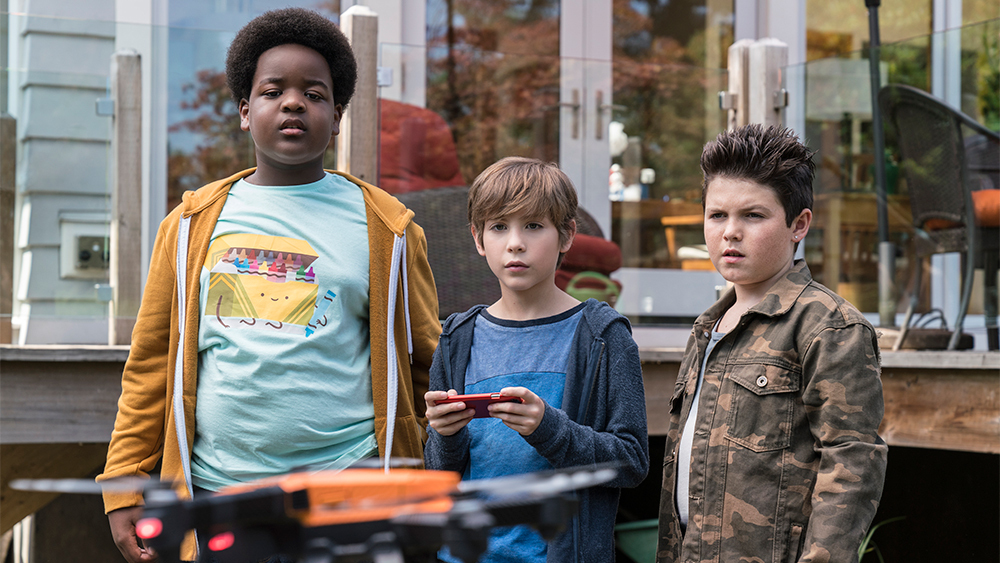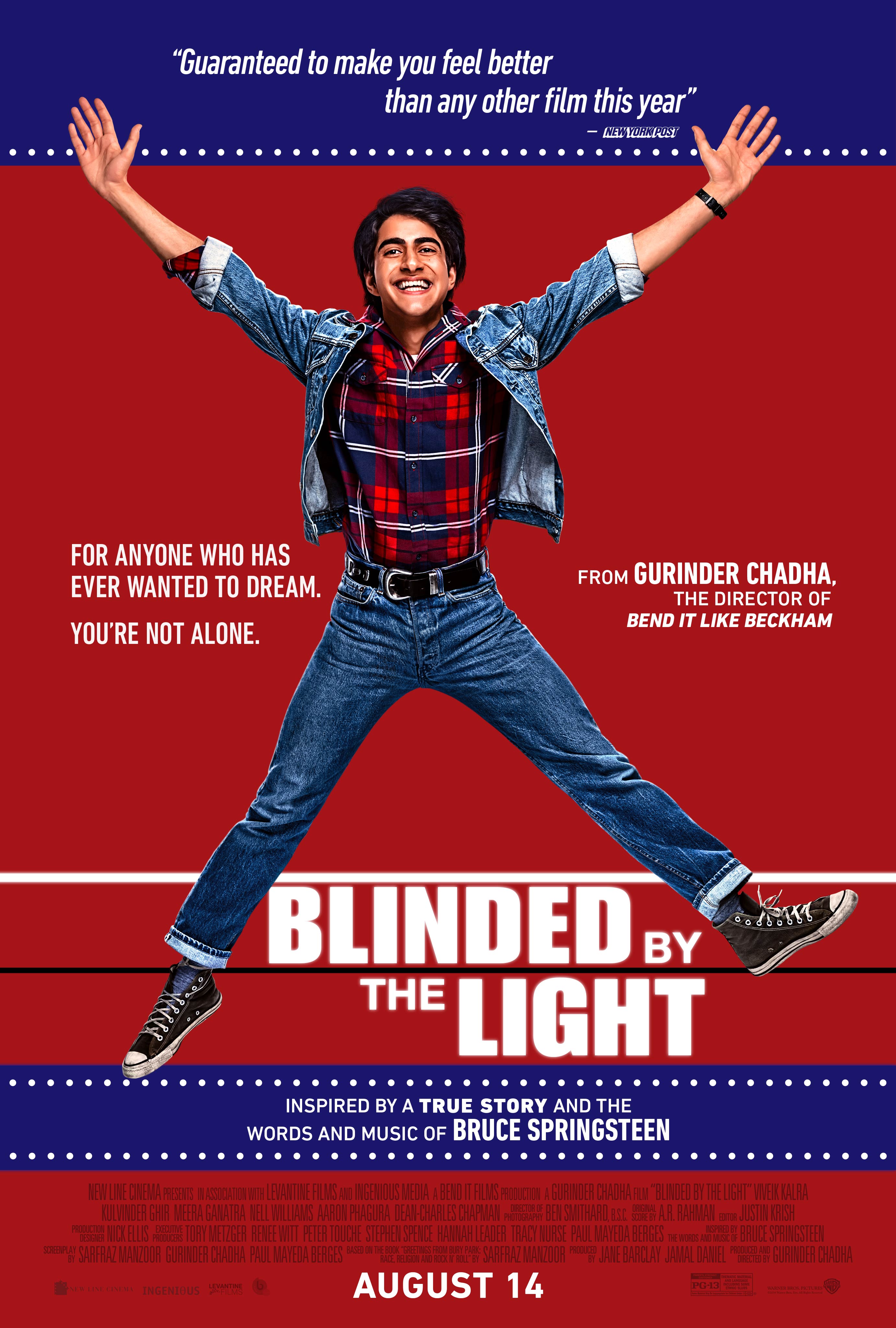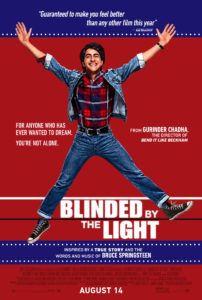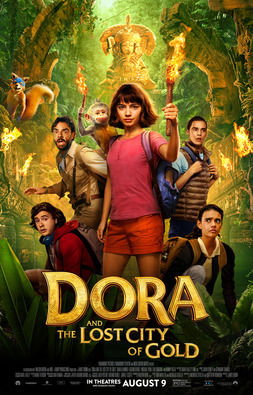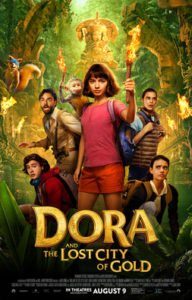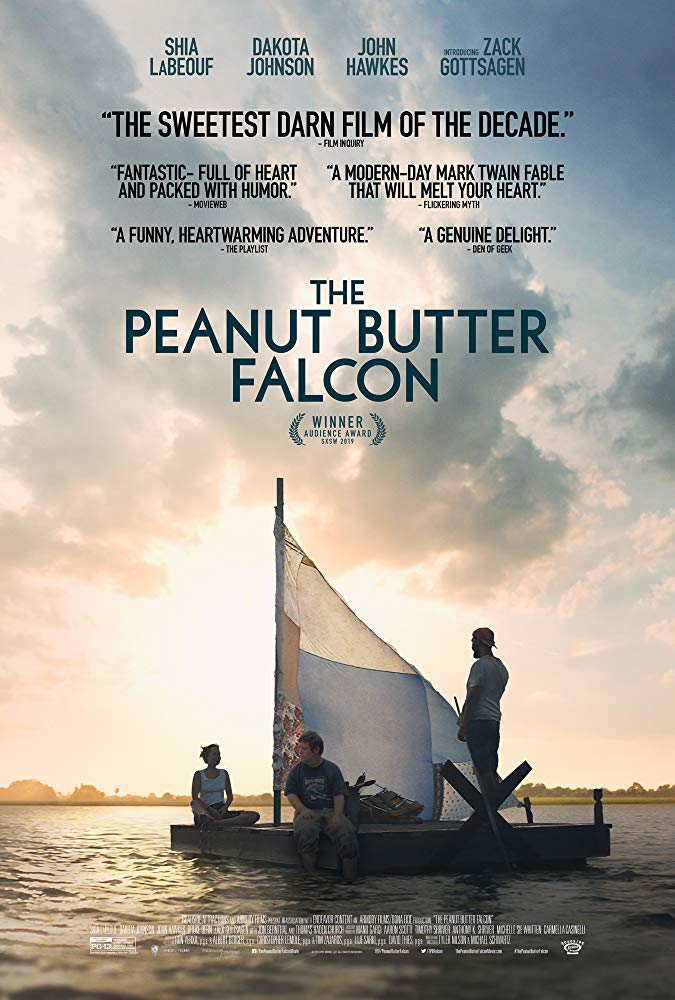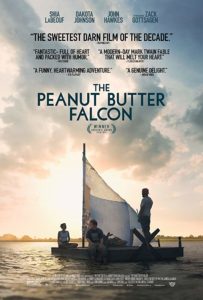Good Boys
Posted on August 15, 2019 at 5:36 pm
C| Lowest Recommended Age: | Adult |
| MPAA Rating: | Rated R for strong crude sexual content, drug and alcohol material, and language throughout - all involving tweens |
| Profanity: | Very explicit, profane, and crude language used by young adults and 6th graders |
| Alcohol/ Drugs: | Drugs and alcohol use by young adults and 6th graders, drug dealing |
| Violence/ Scariness: | Extended peril with one gross injury, no one badly hurt |
| Diversity Issues: | None |
| Date Released to Theaters: | August 16, 2019 |
| Date Released to DVD: | November 11, 2019 |
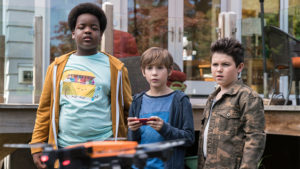
The most significant conversation in the film is when a 6th grader is listening to two teenage girls who are close friends and realizes that they have only known each other a few years. He learns for the first time that the friends you make in grade school may not be the friends you have forever, and like so many revelations at that stage of life, this discovery is deeply disconcerting but also intriguing, opening up a whole new world of possibilities — and risks.
Max (Jacob Tremblay), Lucas (Keith L. Williams), and Thor (Brady Noon) are best, best friends who call themselves the Bean Bag Boys. They do everything together and believe they always will. But one element of this stage of life is that any given 6th grader will go back and forth across the line between sophistication and abstract reasoning and a growing awareness of how much they don’t know (and how much even the adults around them don’t know) back to the more childish perspective. These are kids who have been lectured at school about the importance of consent but are not entirely clear on what it is that is being consented to. At this age, the people you feel close to are at a million different points along that continuum as well, so maybe you don’t feel as close to them anymore. As one of them acknowledges, hormones are making them crazy. The movie opens with him using a video game to expand the boobs of an avatar so he can masturbate — until then his father (Will Forte) comes in, sees what is happening, and congratulates his son for growing up.
Dad goes out of town warning his son not to touch the valuable drone he has for his work. But when Max desperately needs to learn how to kiss because he is invited to his first kissing party and the girl he loves and plans to marry but has not yet spoken to will be there and if he does not go and kiss her then life will have no meaning, he decides using the drone to spy on the teenage girl and her college age boyfriend is the answer to his problem. This is after he and the other Bean Bag Boys try doing a Google search for porn and discover it does not have much kissing. The girl is Hannah (Molly Gordon) and she and her best friend (Midori Francis as Lily) refuse to give it back. The boys take Hannah’s purse, which has some molly in a children’s vitamin bottle. (One of the movie’s funniest running jokes is the inability of the boys to open a child guard cap.)
And so the adventure begins, with the boys needing to get or replace the drone and the girls needing to get back or replace the drugs.
There are many sweet and funny moments, and the kids are great. There are wonderfully telling details, like the school anti-bullying squad. But the film cannot overcome the unpleasantness of the cheap humor and the sinking feeling that the filmmaking experience itself merits a visit from Child Protective Services.
Parents should know that this is a story about 6th graders that includes extremely raunchy, explicit material involving very crude and graphic sexual content, drugs and alcohol, some mild peril and violence, and very strong and crude language.
Family discussion: Who are your beanbag boys? What made them friends? Why did Thor decide not to audition?
If you like this, try: “Superbad” and “Pineapple Express”

